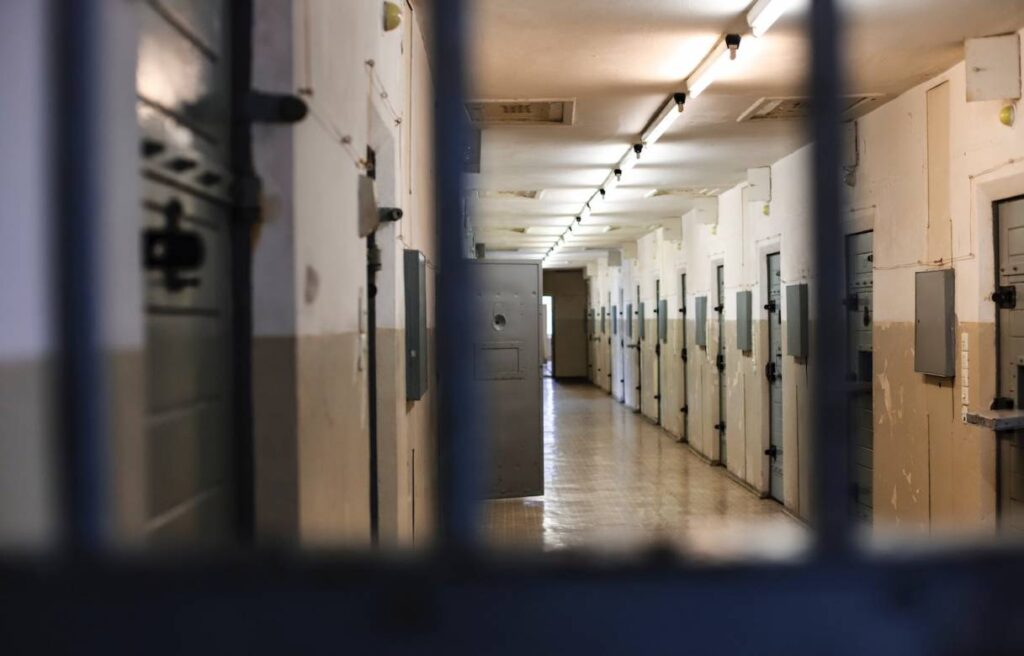By Richard Saenz, Lambda Legal Senior Attorney and Criminal Justice and Police Misconduct Strategist
Lambda Legal’s Richard Saenz, Protected and Served? project manager and criminal legal system strategist, is a contributing author of the American Bar Association’s Criminal Justice magazine. This past January, his article “A Crisis Behind Bars: Legal Issues Impacting Transgender People in Prisons” was the featured cover story of the Winter 2023 issue, reaching thousands of ABA members.
Based on findings from Lambda Legal and Black and Pink National’s Protected and Served? 2022 Report, Saenz discusses in the article the experiences of transgender and nonbinary people throughout the criminal legal system, and how bias, discrimination, and government misconduct impact those experiences.
Although protections for incarcerated people do exist, under both the Constitution and statutory laws, Saenz stresses that we can’t ignore or dismiss the daily harm and violence that people in prisons experience and the challenges to reporting and accessing the courts.
Incarcerated transgender and nonbinary people face multiple barriers when it comes to having their rights respected and enforced, including violence and harassment — and the inherent dangers of our criminal legal system. These efforts require resources and dedicated attorneys to work directly with impacted people and communities. “A Crisis Behind Bars” offers ways to address the multiple legal needs of our community members and serves as a conversation with the criminal defense bar, prosecutors, and civil legal service providers.
While we have made huge progress in the courts and through legislative wins, Saenz argues that we are currently facing a dangerous time as states attempt to use the criminal legal system to criminalize LGBTQ+ people. It’s evident in the ongoing legislative attacks against our communities, as well as the modern LGBTQ+ movement’s historic relationship with the criminal legal system.
Saenz urges us to stay informed and to engage with resources to build a community response. Below, read an excerpt from the article. Find “A Crisis Behind Bars” in its entirety here.
What Can Advocates Do?
There are many points within the criminal legal system where advocacy and resources are needed to protect the rights of incarcerated transgender people and to address discrimination and bias. Community members, advocates, and advocacy organizations must invest in and support TGNCNB-led organizations. Advocates must provide resources to those directly harmed by the criminal legal system. Advocates must be fully cognizant of the harms that they could cause to transgender people and organizations if they tokenize them, and they must work to prevent this.
One glaring obstacle for incarcerated people to enforce their rights is lack of resources and the many barriers that exist to asserting their rights. For example, a huge percentage of these cases are pro se. Often the complaint is screened out before the defendants are even served because the complaint lacks the necessary allegations to state the claim. Health care cases are resource-intensive and require the building of a record to show what care was provided, the adequacy of such care, or the denial of care. For cases involving treatment for gender dysphoria, expert witnesses, which may not be available for pro se plaintiffs, are needed to provide opinions on the diagnosis and treatment for gender dysphoria. A lawyer can make an incredible difference. Counsel brings resources and legal experience and expertise that can help navigate the complex legal system. Attorneys can look for opportunities for assigned counsel programs with federal district courts and can partner with organizations as co-counsel.

